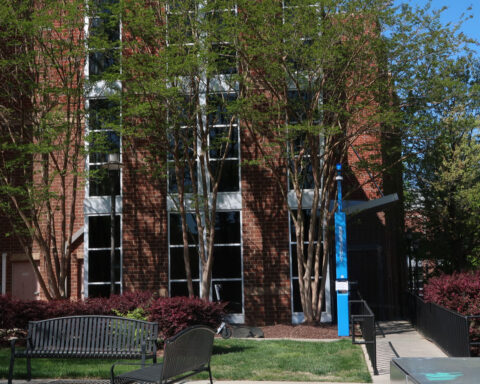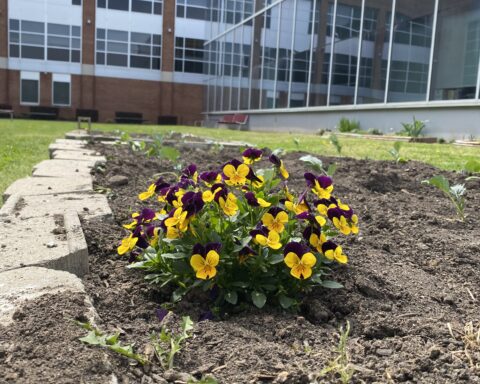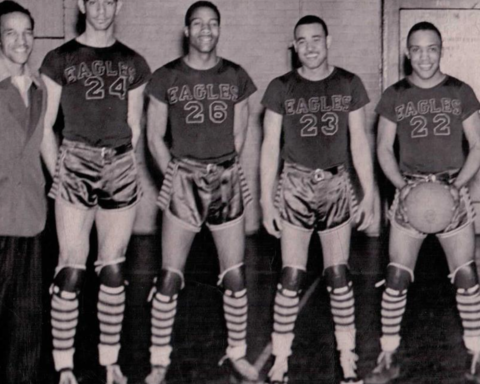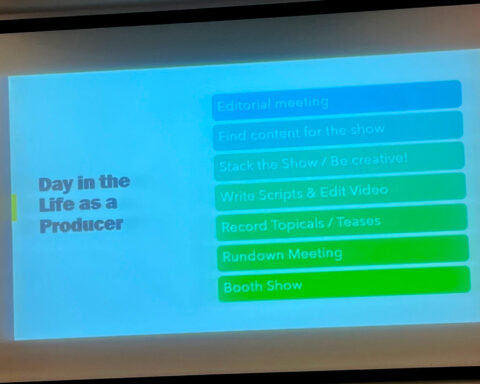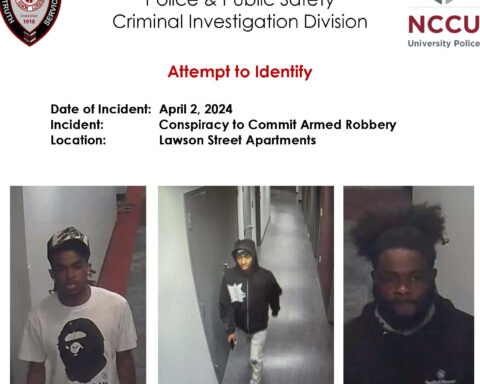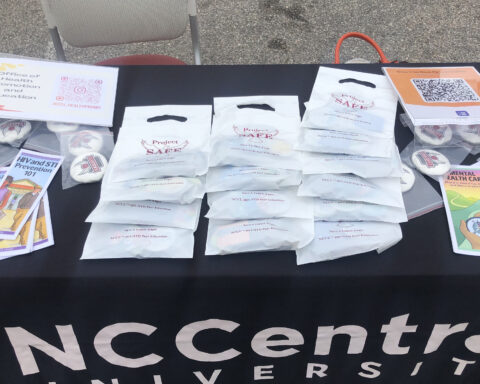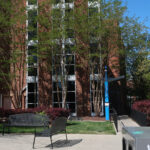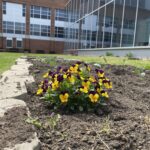Environmental justice scholar Robert Bullard addressed the conditions of urban land use and sustainable development effects in communities on March 21 in the H.M. Michaux Jr. School of Education Auditorium.
Bullard was the first speaker for the spring installment of the Blue Cross and Blue Shield North Carolina Speaker Series.
His efforts in environmental justice helped the expansion of the First National People of Color Environmental Leadership Summit in 1991. He was able to unite over 300 people of color groups in the U.S. and overseas. In October 1991, leaders of the group coalesced a list of seventeen “Principles of Environmental Justice” that emphasized resource allocation, worker safety, and public health.
Bullard also served as an expert witness in the Citizens Against Nuclear Trash v. Louisiana Energy Services case in 1997. The ruling of the case stopped the construction of a uranium enrichment plant in a rural, poor, and 97 percent black community between Forest Grove and Center Springs in Claiborne Parish, Louisiana. This win marked the only court victory where a polluter’s license was denied on the grounds of environmental racism. He received his doctorate from Iowa State University and has written 18 books that address issues of regional equity.
Bullard, currently Dean of Barbara Jordan – Mickey Leland School Of Public Affairs at Texas Southern University presented visual aids that informed the audience about at-risk non-renewable energy source states in the U.S., and climate change issues.
“The people most impacted by environmental problems and health problems must speak for themselves,” Bullard said. “My bulletin does not speak for everybody but if somebody points me to assist, support, and do research, to help their cause, I will. But I am not the mouthpiece for any community.”
In February 1994 he was invited to the White House for his environmental advocacy. At the White House, Bullard witnessed the Clinton administration sign an executive order that required the federal government to consider land use consequences on low-income communities before implementing development policies.
“You have to understand, you have to reach an audience, that often times will only read and believe what’s coming out of their little circle, and so you have to broaden your circle,” he said.
According to Bullard, in 1987 about 34 percent of people living around hazardous waste facilities were people of color. 20 years later, that number jumped to 56 percent.
“Now 69 percent of the hazardous waste facilities are located in communities of color. Communities of color only represent about 35 percent of the population,” Bullard said. “We’re getting more than our fair share of things that other people don’t want.”
There were several moments when the audience laughed with Bullard during his presentation. However, the jokes and light-hearted moments didn’t take away from the seriousness of his delivery.
“All communities are not created equal so when we talk about these issues, the right to breathe is a basic human right. Most of us don’t decide next Thursday I’m not going to breathe,” said Bullard. “Where you live geographically can determine how much poison you breathe.”
Bullard encouraged African-Americans and other people of color to take initiative in helping affected communities instead of just relying on the government’s assistance.
“When we talk about pollution, it’s not randomly distributed,” he said. “People of color are more likely to live in cities and regions that are non-attainment. America is segregated and so is pollution.”

